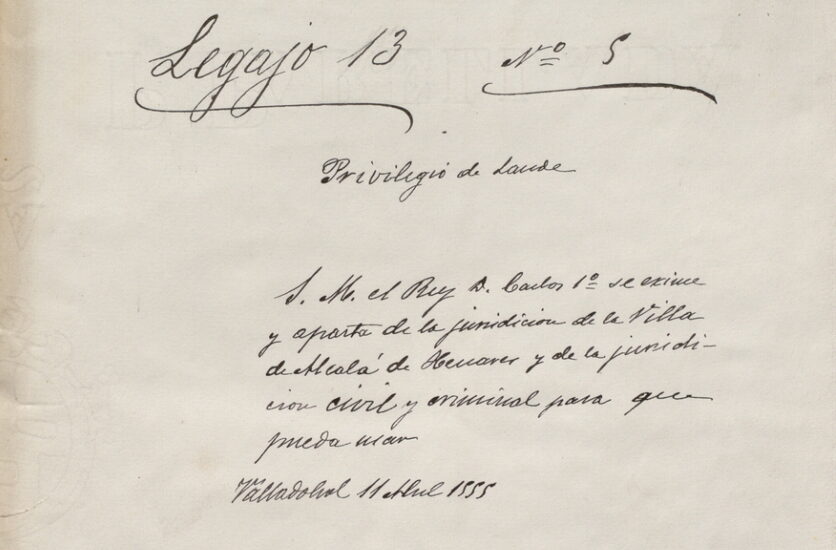The Alfonsine charter originated in the 14th century, when it was institutionalised by Alfonso II of Valencia. The aim of the Alfonsine charter was to encourage repopulation in the context of the Christian conquest, so that anyone who managed to gather 15 Christian houses with a criminal discharge (Primitivo Pla Alberola) was encouraged to do so. With this privilege, many territories in the Valencian area were populated, and it was also an opportunity for a person who had not been a nobleman to become a lord of that territory. The expulsion of the Moors in 1609 posed a major problem, mainly because in many cases, the lords no longer had 15 houses, so they could no longer formally enjoy the advantages of the Alfonsino privilege. To this end, during the Valencian courts of 1626, the lords asked for the privilege to be maintained as an exception to the drastic demographic decline caused by the Moorish expulsion.
Collection: Texts
Chronology: XVII
Scope: Secondary Education, Baccalaureate, University
Link: http://rua.ua.es/dspace/handle/10045/4634
Resource type: Historical source
Source: 12. Dámaso de LARIO RAMÍREZ: Cortes del reinado de Felipe IV. I, cortes valencianas de 1626. Universidad de Valencia, Valencia, 1973, p. 52
Language: Valencian
Date: 1626
Owner: Djebril Bouzidi (Modernalia)
Identifier: 12. Dámaso de LARIO RAMÍREZ: Cortes del reinado de Felipe IV. I, cortes valencianas de 1626. Universidad de Valencia, Valencia, 1973, p. 52
Copyright: Dámaso de Larío Ramírez
Abstract: Declaration in the Valencian courts of 1626 requesting the maintenance of the Alfonsino charter after the population decline caused by the expulsion of the Moors
Tags






